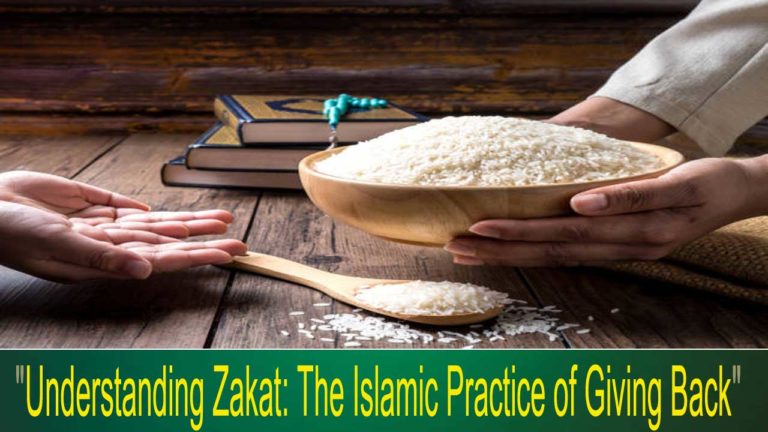Zakat is one of the Five Pillars of Islam and represents a fundamental aspect of Islamic charity and social justice. It involves giving a portion of one’s wealth to those in need, and it plays a critical role in promoting fairness and compassion within the Muslim community. This guide explores the significance of Zakat, its requirements, and its impact on both individuals and society.
What is Zakat?
Concept: Zakat, derived from the Arabic word meaning “purification” and “growth,” is an obligatory form of charity in Islam. It is a means of purifying one’s wealth and soul by redistributing a portion of it to those who are less fortunate.
Requirement: Every eligible Muslim is required to give 2.5% of their accumulated wealth annually to those in need. This includes savings, investments, and other forms of wealth that have been held for a year.
Eligibility: To be liable to give Zakat, a person must possess wealth that exceeds the Nisab threshold, which is the minimum amount of wealth a Muslim must have before Zakat becomes obligatory. The Nisab amount is based on the value of 85 grams of gold or 595 grams of silver.
The Importance of Zakat
Spiritual Benefits: Zakat serves as a means of spiritual purification and growth. By giving away a portion of their wealth, Muslims acknowledge that everything they own is a blessing from Allah and that they are merely stewards of it. This act of giving helps develop empathy, humility, and gratitude.
Social Impact: Zakat addresses the economic disparity within the community by redistributing wealth. It helps to alleviate poverty and support those in need, such as orphans, widows, and the elderly. Through Zakat, wealth is circulated more evenly, fostering a sense of solidarity and support among Muslims.
Community Building: The practice of Zakat reinforces social bonds and strengthens community ties. It encourages mutual support and cooperation, creating a more cohesive and caring society. By fulfilling their Zakat obligations, Muslims contribute to the overall welfare of their community.
How to Calculate and Distribute Zakat
Calculation: To calculate Zakat, first determine the total value of your wealth, including cash, savings, investments, and assets. Subtract any debts or liabilities you owe. The remaining amount, if it exceeds the Nisab threshold and has been held for a full lunar year, is subject to Zakat at a rate of 2.5%.
Distribution: Zakat can be distributed directly to individuals in need or through charitable organizations that manage Zakat funds. It is important to ensure that the recipients are eligible and that the distribution is in accordance with Islamic guidelines. The primary recipients of Zakat include the poor, the needy, debtors, and those working to support Zakat collection and distribution.
Timing: While Zakat can be given at any time of the year, many Muslims choose to pay it during the holy month of Ramadan. This period is considered especially auspicious for acts of worship and charity.
Common Misconceptions About Zakat
**1. Zakat vs. Sadaqah: Zakat is an obligatory form of charity with specific requirements, while Sadaqah is voluntary and can be given at any time in any amount. Sadaqah includes any act of charity beyond the obligatory Zakat.
**2. Zakat is Not Just Financial: While Zakat is primarily about wealth, Islam also encourages giving in other forms, such as time and effort. Acts of kindness and support for the community are also highly valued.
**3. Zakat is Not a Tax: Although Zakat is obligatory, it is not a tax imposed by the state but rather a religious duty. It is a personal act of worship and devotion intended to purify one’s wealth and enhance spiritual growth.
Conclusion:
Zakat is a central practice in Islam that embodies the principles of charity, justice, and social responsibility. By understanding and fulfilling the obligations of Zakat, Muslims contribute to the betterment of society and cultivate spiritual growth. This practice not only helps those in need but also fosters a sense of unity and compassion within the community, reinforcing the values of empathy and generosity.
